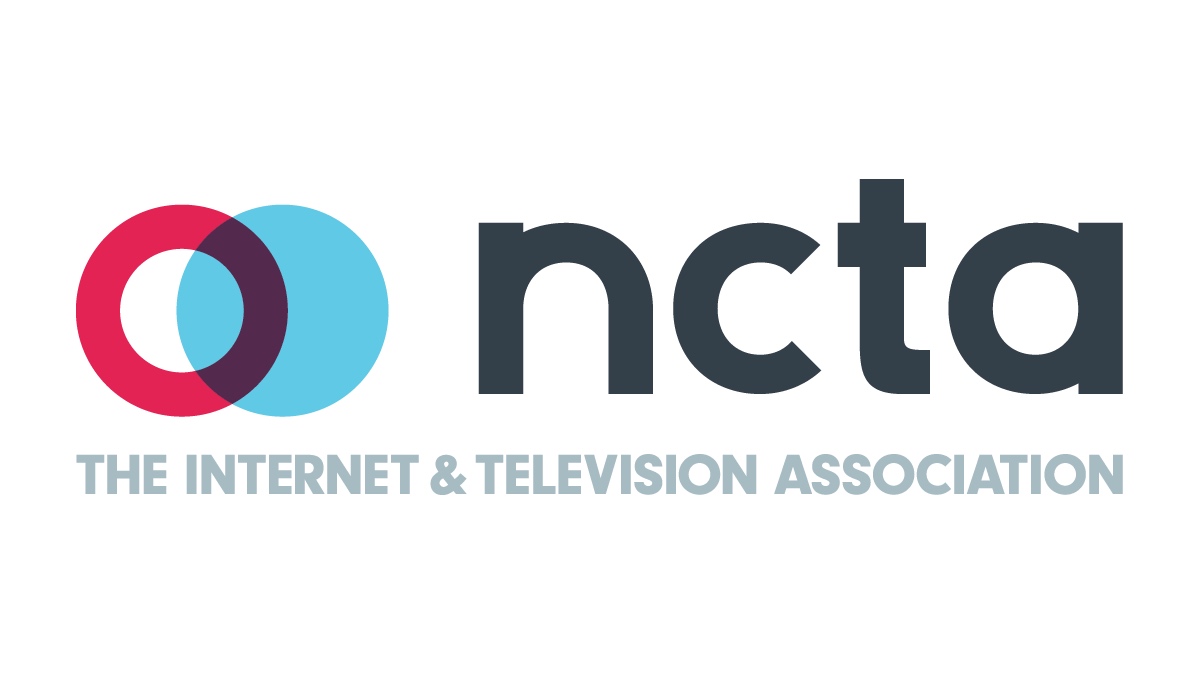NCTA Sues Maine Over PEG Law
The smarter way to stay on top of the multichannel video marketplace. Sign up below.
You are now subscribed
Your newsletter sign-up was successful
Cable operators are suing the State of Maine over a law that imposes PEG (Public, Educational and Governmental Access) channel requirements and changes to existing franchise agreements, both of which they said are illegal.
The Maine law and now lawsuit comes after the FCC loosened PEG regs and is contemplating whether the PEG requirement is needed at all.

The suit was filed by NCTA-The National Cable & Telecommunications Association and members Comcast and Charter, both of which have systems in the state.
"Provisions of the Maine Act conflict with and undermine the federal framework governing cable television that Congress established in Title VI of the Communications Act of 1934 (the “Federal Cable Act”), and violate NCTA members’ First Amendment rights," the cable operators told the Maine U.S. District Court.
In addition to the law's requirement that cable ops carry PEG channels on the basic tier, not move them without consent, and transmit then in high-definition, the cable operators said the fact that those would apply to existing franchises is foreclosed by federal law.
The law also requires build-outs of cable service to low-density areas, which the cable ops said is unreasonable because it "imposes a one-size-fits-all line-extension requirement that disregards the differing cable-related community needs and costs for line extensions reflected in individual franchise agreements." Such line extension policies are negotiated during franchise renewal times and vary by franchise, the suit points out.
"The Maine Act unlawfully exacerbates the unique regulatory burdens faced by cable operators by increasing their costs and limiting their editorial discretion," the suit says.
The smarter way to stay on top of the multichannel video marketplace. Sign up below.
Contributing editor John Eggerton has been an editor and/or writer on media regulation, legislation and policy for over four decades, including covering the FCC, FTC, Congress, the major media trade associations, and the federal courts. In addition to Multichannel News and Broadcasting + Cable, his work has appeared in Radio World, TV Technology, TV Fax, This Week in Consumer Electronics, Variety and the Encyclopedia Britannica.

